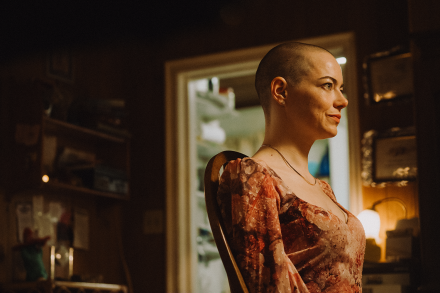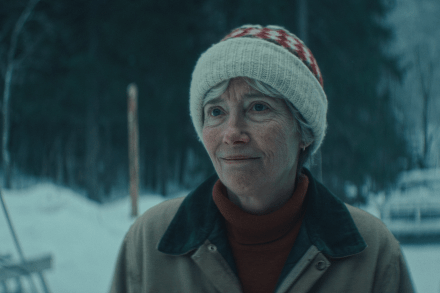Noah Baumbach needs to try harder: Jay Kelly reviewed
Noah Baumbach’s Jay Kelly stars George Clooney as a handsome movie star playing a handsome movie star who has an identity crisis and is forced to reflect on his life. It’s being sold as a Hollywood satire, but it’s far too affectionate to be biting, and contains moments where it drowns in schmaltz. For a director of Baumbach’s calibre (Marriage Story, The Squid and the Whale, Frances Ha), it all feels like very low-hanging fruit. That said, it’s not such an ordeal to spend a couple of hours in the company of Clooney as the golden Tuscan sunshine beats down (it’s mostly filmed in Italy). I found I could cope.




















